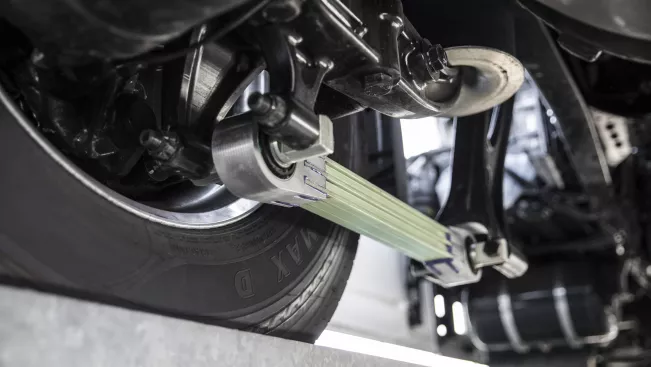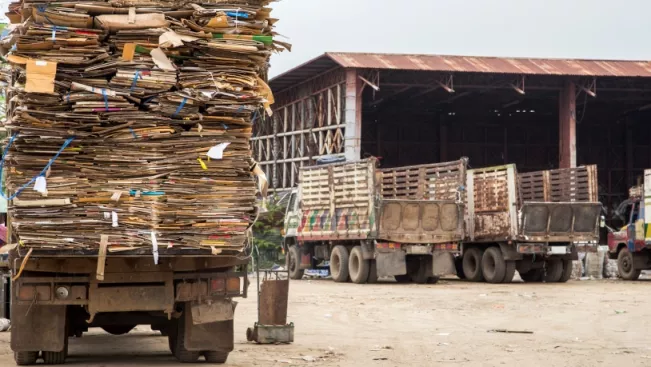Institute of Technology, Resource and Energy-efficient Engineering (TREE)
Laboratory for life cycle assessment
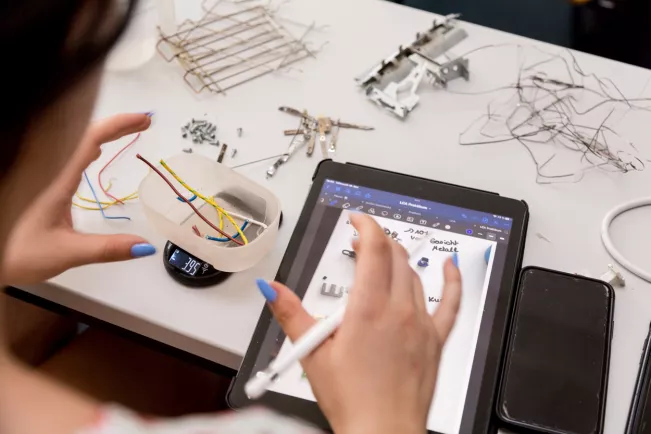
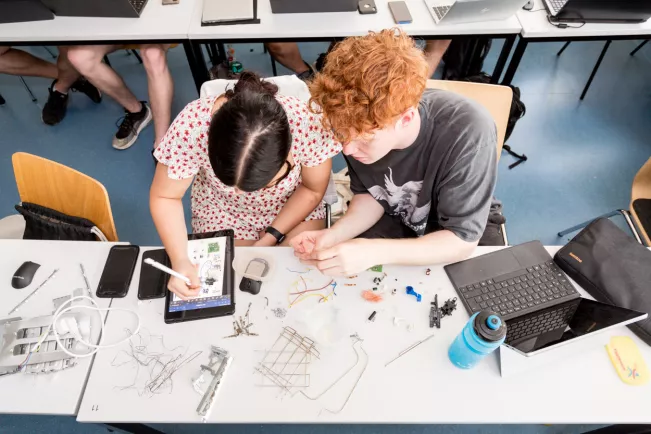
Life cycle assessment is a scientifically based method for evaluating the potential environmental impact of a product. The results of life cycle assessments help to identify at which point in the manufacturing process of a product the most environmental damage is caused. Life cycle assessments are therefore a decision-making aid with regard to environmental friendliness and when awarding seals, such as the "Blue Angel" seal.
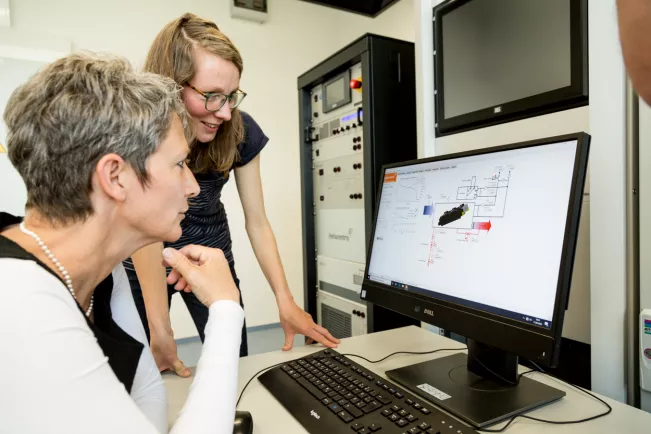
Life cycle assessments of products consider the entire life cycle of a product, from manufacture to use to disposal of the product. In the calculation, the material and energy flows are analyzed for each phase of life: All processes can be included here, from the extraction of raw materials and the manufacture of preliminary products to auxiliary and operating materials, energy generation or transportation routes. For example, the contribution to the greenhouse effect and air pollution, to the over-fertilization or acidification of soil and water or the use of finite and renewable resources that are required throughout the entire life cycle are considered.
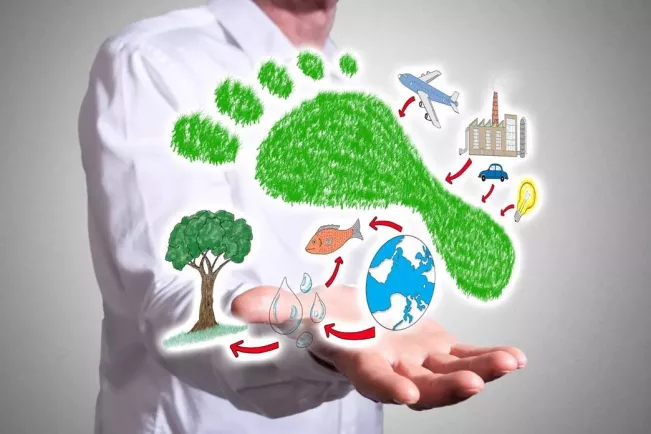
Similar to the life cycle assessment of an individual product or service, the environmental impact of an entire company can also be recorded and evaluated. Comparative life cycle assessments are often carried out, i.e. at least two products, processes or services with the same function or purpose are compared in terms of their impact on the environment. In addition to ecological aspects, economic and social aspects should also be taken into account in corporate decision-making processes. H-BRS also has know-how and research expertise in the assessment of socio-economic impacts.
„Many companies focus on energy and resource efficiency for cost reasons alone. To do this, they must first determine their electricity, heat and water consumption precisely and permanently. Direct emissions can then be recorded. If you go one step further, you also determine all products and semi-finished products that are supplied by third parties. The aim is to identify potential savings in terms of both consumption and emissions. ”
Prof. Dr. Stefanie Meilinger - Professor for Sustainable Technologies, in particular Energy Efficiency and Renewable Energies, Department of IWK
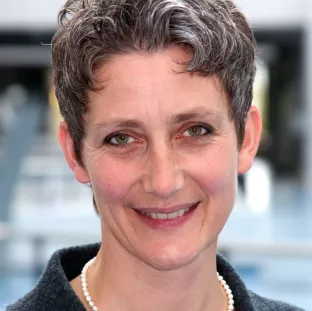
Main research areas
- Life cycle assessments of energy storage and hydrogen technologies
- Life cycle assessments of power-to-X technologies and processes for the production of synthetic fuels
- Accompanying life cycle assessment research for research projects in the energy and transport sector
- Further development of life cycle assessment for sustainability analysis
Equipment
- GaBI life cycle assessment software
- Ecoinvent database
- Simulation software
- Teaching modules for different target groups
Research and cooperation
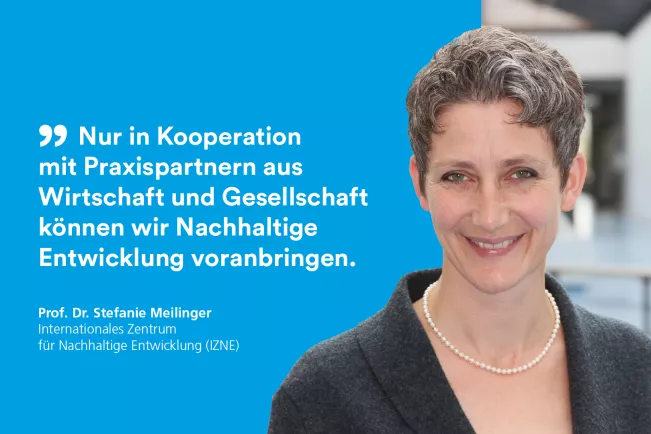
In many corporate strategies, collaboration with research institutions has long been established as a crucial element of open innovation. The university serves as a scientific partner with its expertise, whether for specific research ideas or in supporting entrepreneurial challenges.
If you are interested in collaboration, please feel free to get in touch.
Kontakt

Stefanie Meilinger
Professor for Sustainable Technologies, esp. Energy Efficiency and Renewable Energies, Director of the International Centre for Sustainable Development (IZNE), Department Engineering and Communication (IWK)
Research fields
Location
Sankt Augustin
Room
F 321
Address
Grantham-Allee 20
53757 Sankt Augustin
Telephone
+49 2241 865 718
